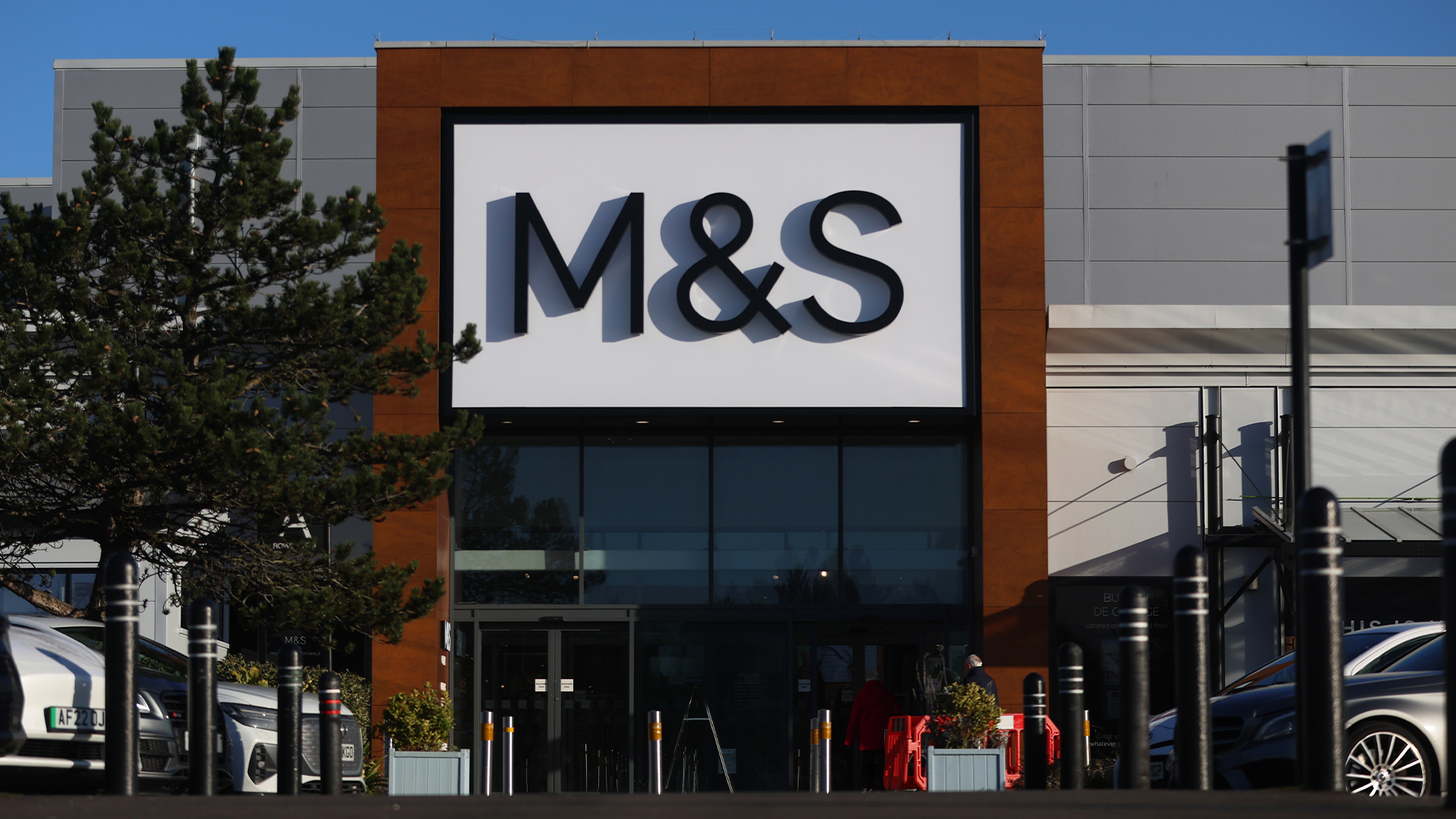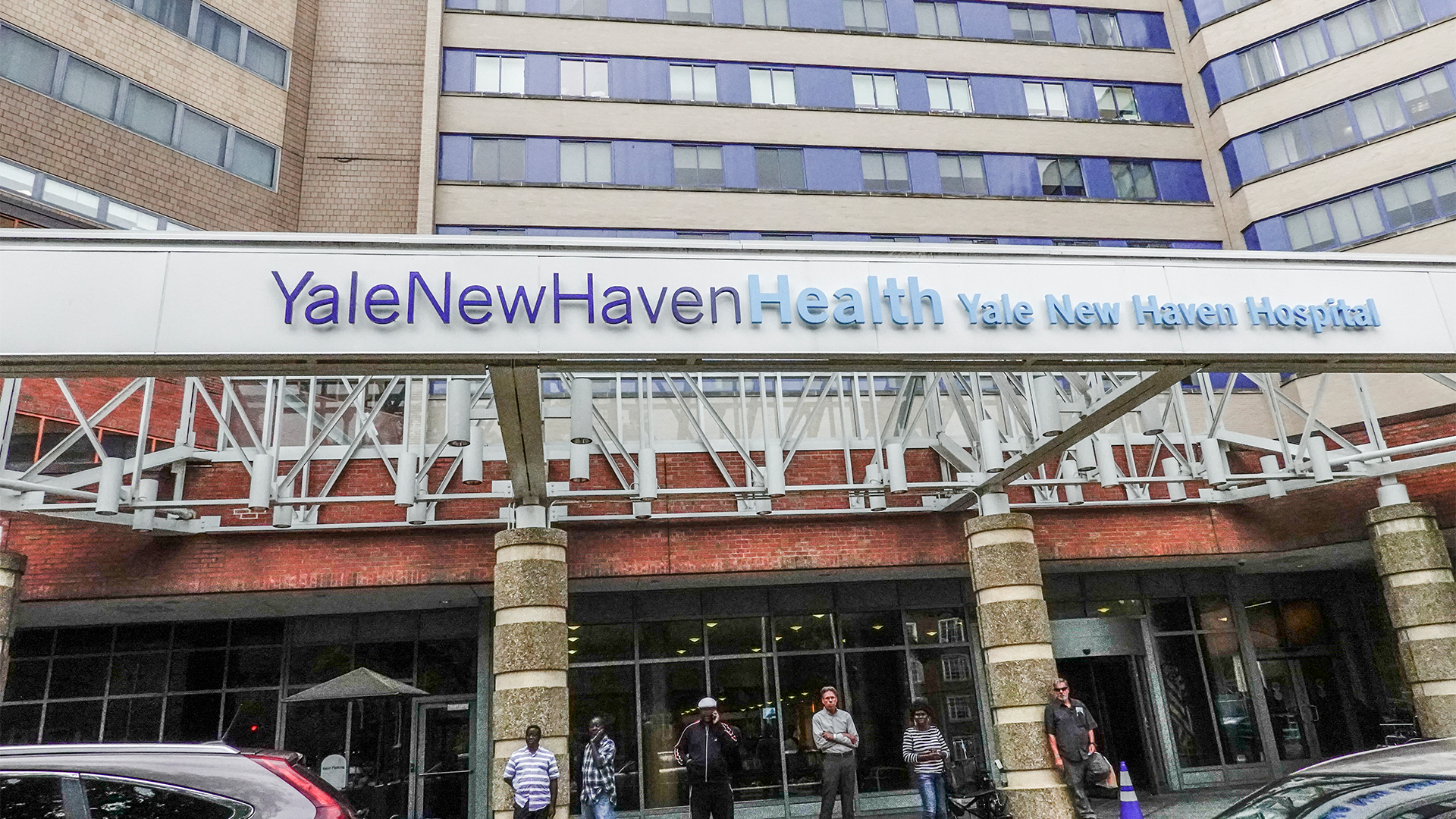Apple MacBook Air (11-inch, Late 2010) review
In the second part of our coverage of the new MacBook Air range, we take a look at the new 11in model. Is this sleek and small ultra-portable laptop worth its high price? Read our review to find out.
The 11in MacBook Air is an impressively slender, lightweight laptop with a large, comfortable keyboard, a bright screen and long battery life. If you can afford it, it’s a good choice if you want an ultra-portable laptop that’s more capable than a netbook. However, the 13in MacBook Air remains our favourite ultra-portable laptop. Although it’s more expensive and is a bit bigger and heavier, it has the benefit of a higher resolution screen, a bigger SSD, faster applications performance and dramatically longer battery life.
You're therefore confined to a 128GB SSD, the largest size Apple currently sells in the 11in Air, which is very cramped compared to commonly available 500GB and 750GB hard disks. Although 128GB should be enough for office documents, it won't be large enough for storing lots of applications as well as a large library of media files, virtual machines or a Windows Boot Camp installation. This is all the more galling since the SSD probably accounts for much of the Air's high price.
Although cramped, the SSD does speed up common disk-based tasks. Resuming from hibernation, which can take at least 40 seconds to a minute on a 13in MacBook Pro with a 5,400rpm hard disk, is nearly instantaneous on the Air. Rebooting into Windows (when it's installed using Apple's Boot Camp utility) which can take a minute or two on the Pro, took just 45 seconds on the Air. Because of the SSD, the Air feels much more responsive than its relatively slow processor and meagre amount of RAM would lead you to believe.
Instead of a new Core i3 or i5 low voltage processor, the 13in Air uses a comparatively old 1.4GHz Core 2 Duo SU9400 ultra low voltage processor. Although not as fast as the newer Core i3 and i5 chips, it's still more than fast enough for most tasks and is much, much faster than any netbook. Whereas Intel Atom-based netbooks can easily take several hours or even a day to complete our demanding suite of Windows application benchmarks, the Air's 1.4GHz SU9400 processor completed them in an hour.
Even so, it managed a low overall score of 44 in our Windows benchmarks which we suspect is due to both the slow clock speed of the processor and the meager 2GB of RAM fitted. It's possible to fit a slightly faster 1.6GHz processor, but this costs 80 extra from Apple. Memory isn't user upgradeable, so if you want to fit the 4GB maximum, which we strongly recommend you do, you'll have to order it pre-fitted from Apple adding another 80 on top. 4GB should really be fitted as standard in a laptop at this price.
Get the ITPro daily newsletter
Sign up today and you will receive a free copy of our Future Focus 2025 report - the leading guidance on AI, cybersecurity and other IT challenges as per 700+ senior executives
-
 M&S suspends online sales as 'cyber incident' continues
M&S suspends online sales as 'cyber incident' continuesNews Marks & Spencer (M&S) has informed customers that all online and app sales have been suspended as the high street retailer battles a ‘cyber incident’.
By Ross Kelly Published
-
 Westcon-Comstor unveils new managed SOC solution for Cisco partners
Westcon-Comstor unveils new managed SOC solution for Cisco partnersNews Powered by Cisco XDR, the new offering will enable partners to tap into new revenue streams, the company said
By Daniel Todd Published
-
 More than 5 million Americans just had their personal information exposed in the Yale New Haven Health data breach – and lawsuits are already rolling in
More than 5 million Americans just had their personal information exposed in the Yale New Haven Health data breach – and lawsuits are already rolling inNews A data breach at Yale New Haven Health has exposed data belonging to millions of people – and lawsuits have already been filed.
By Emma Woollacott Published